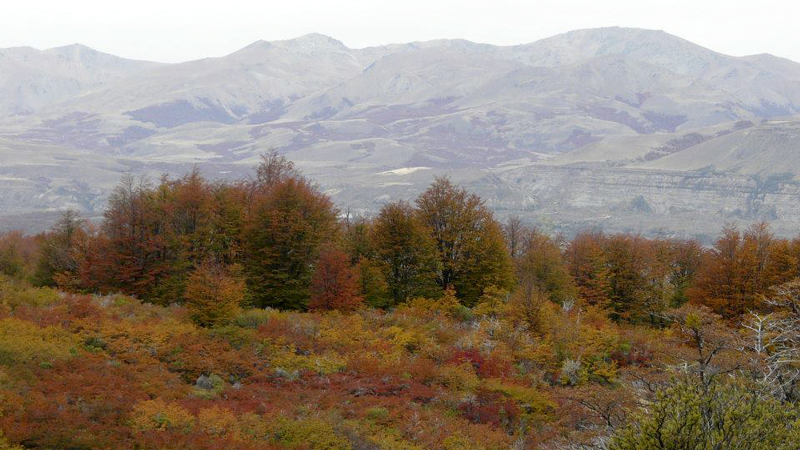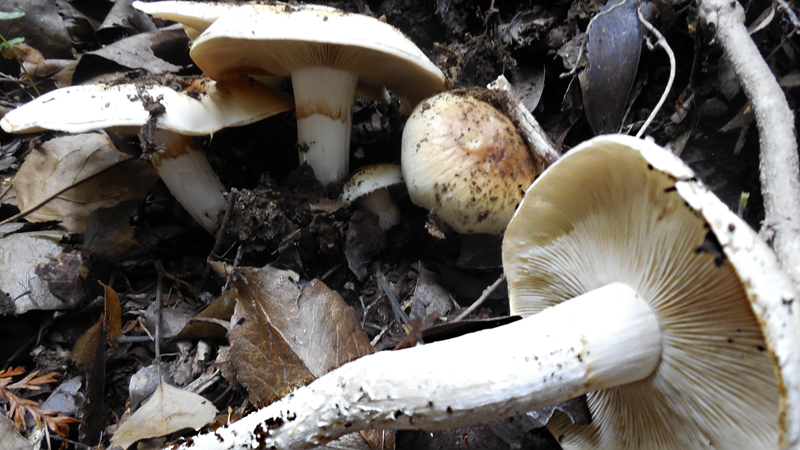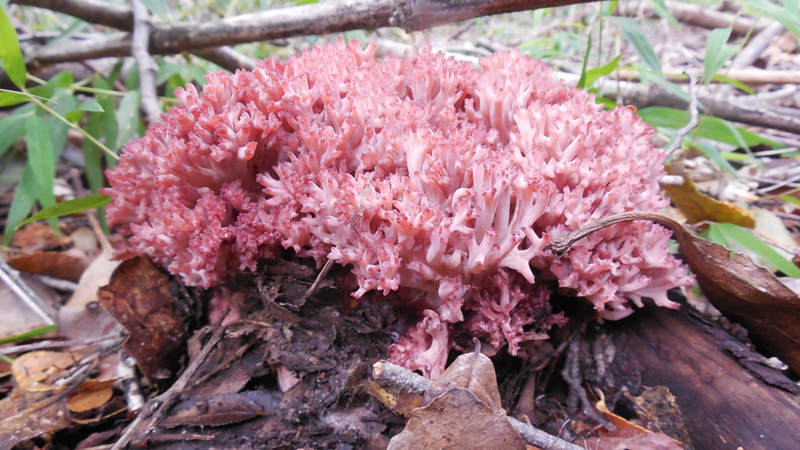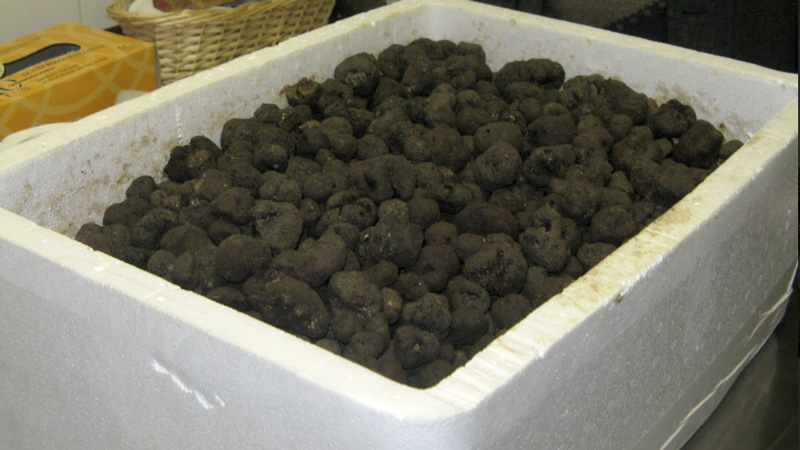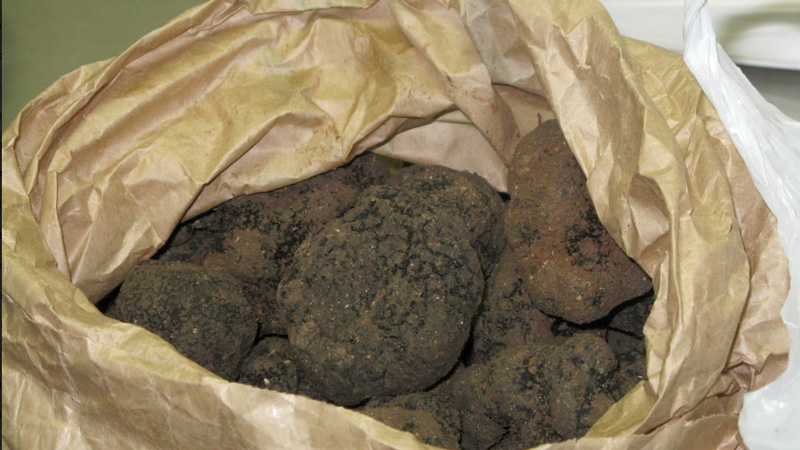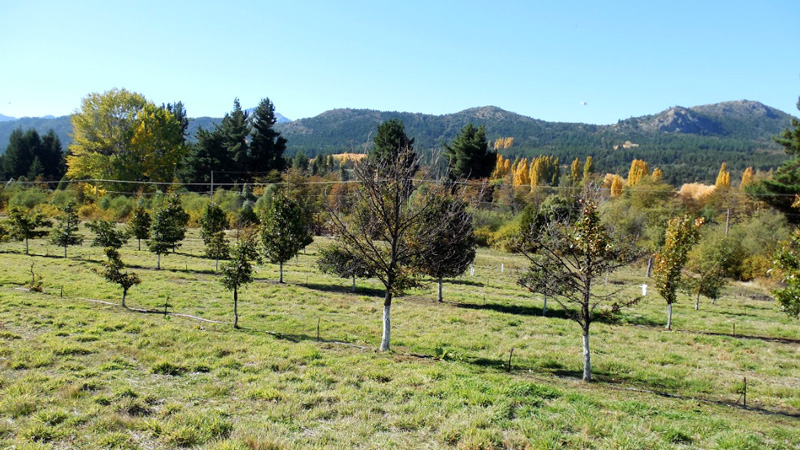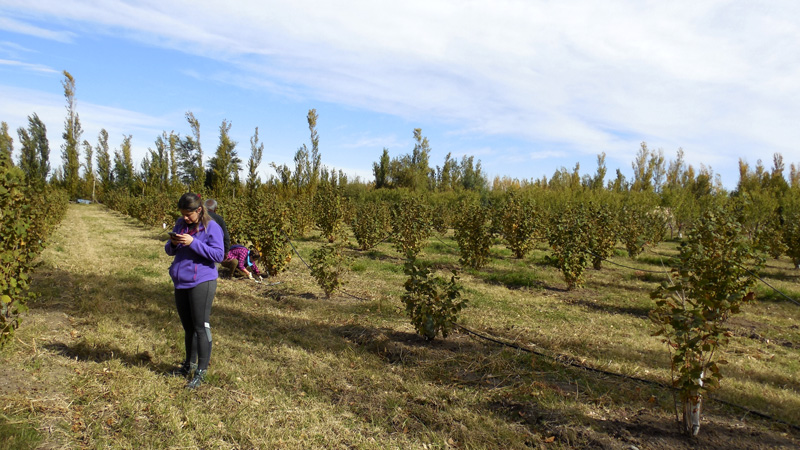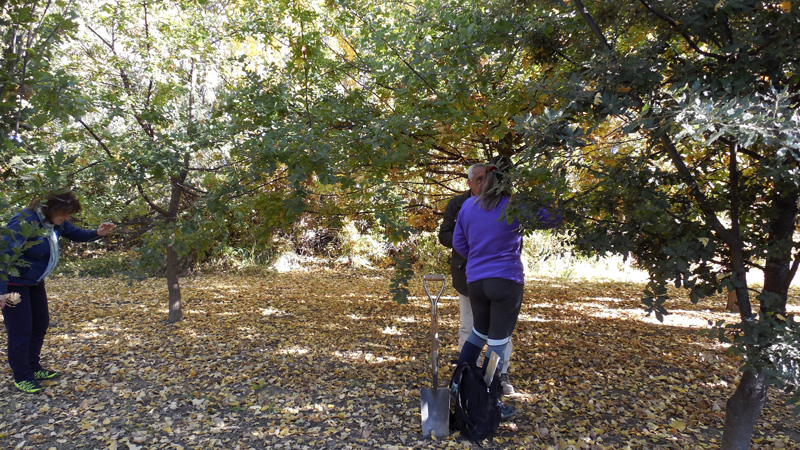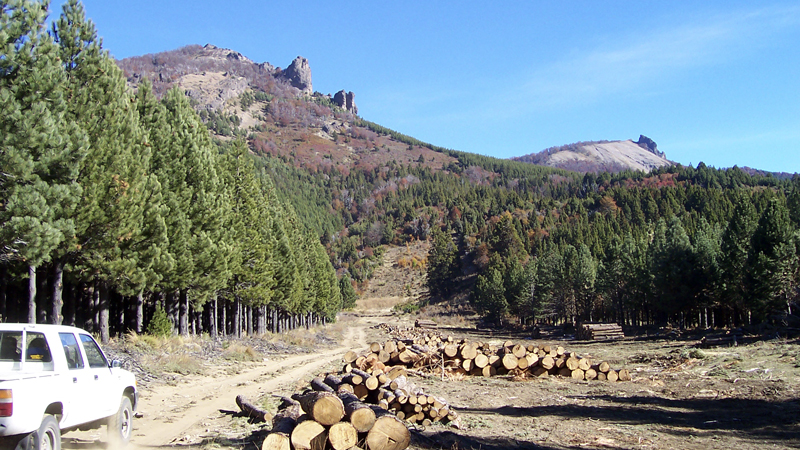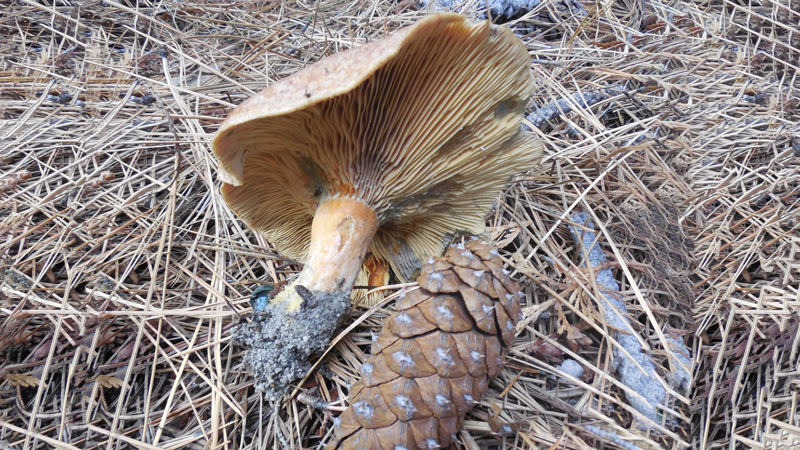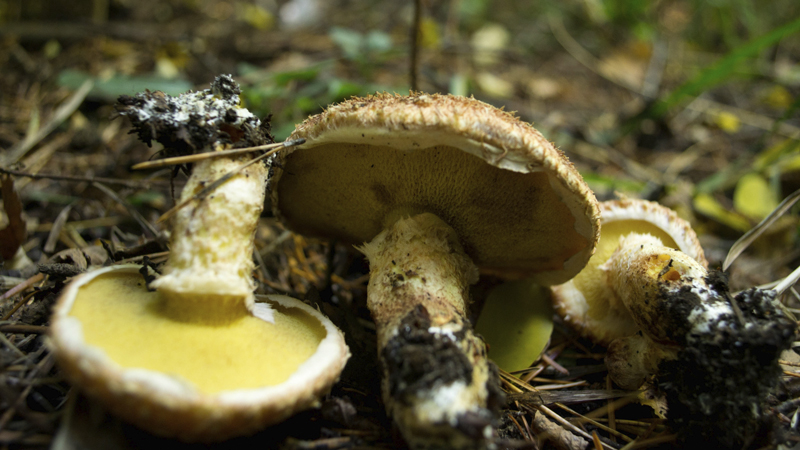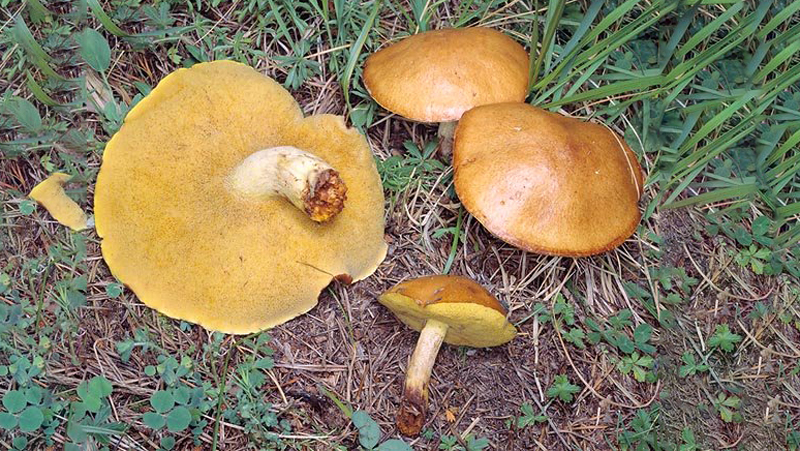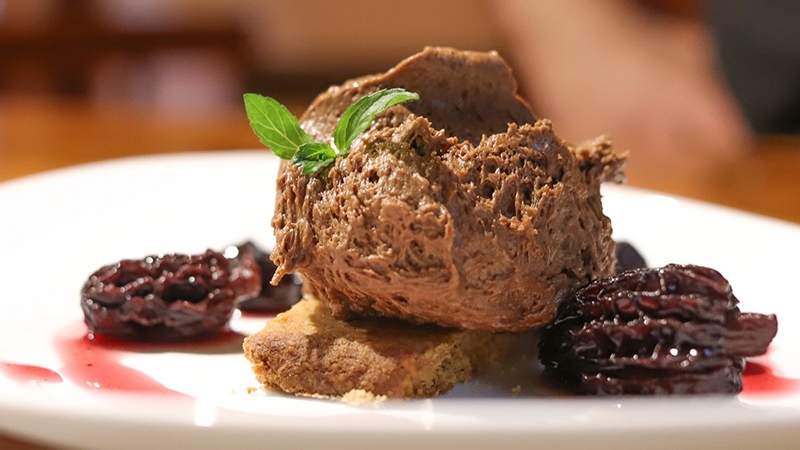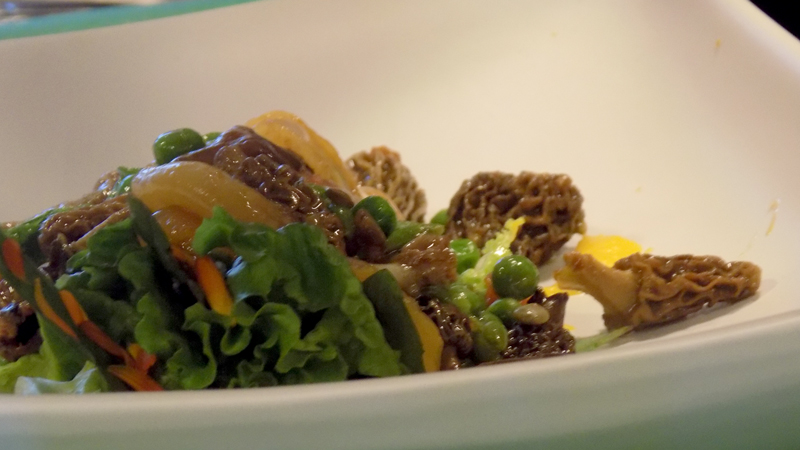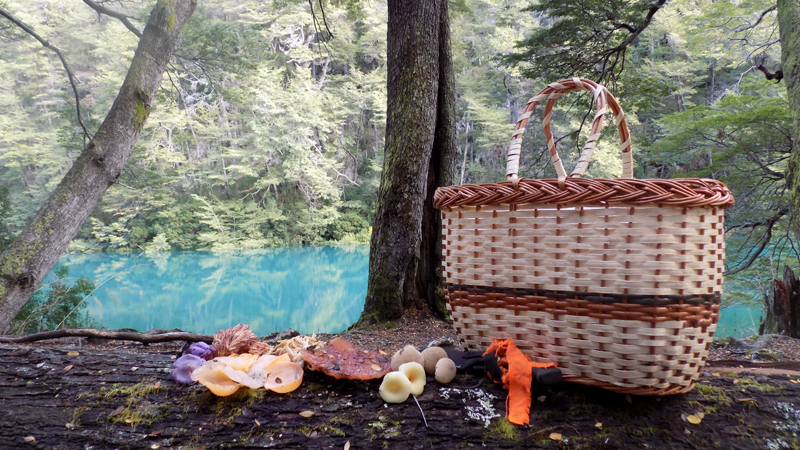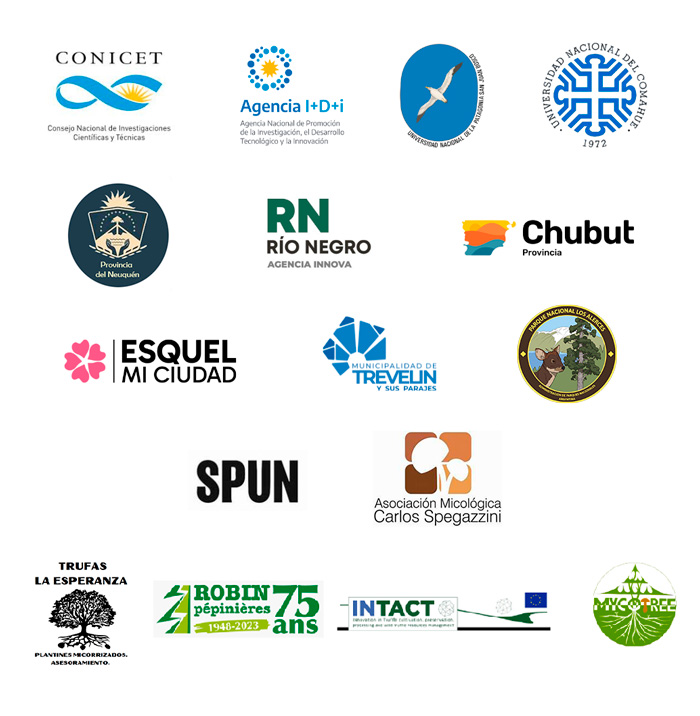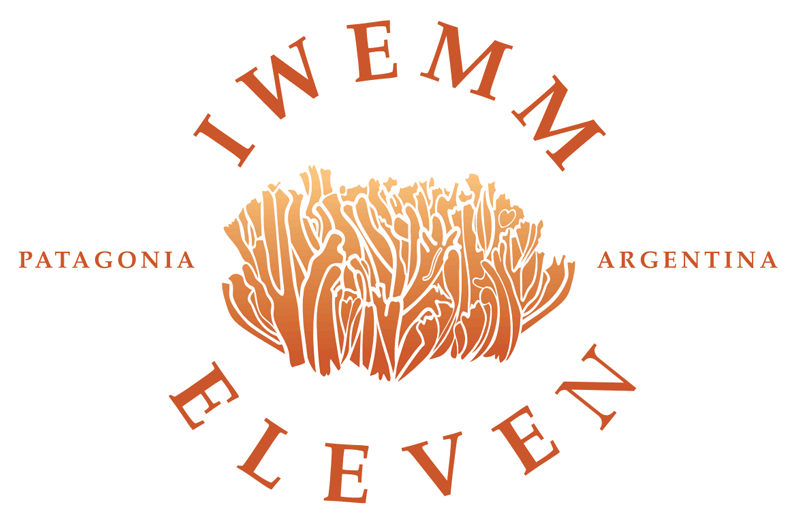
“Rescatar la biodiversidad y la multiculturalidad para el desarrollo local”
Esquel, Chubut, Argentina
22 – 26 de abril 2024
Este proyecto ha recibido financiación del programa de investigación e innovación Horizonte 2020 de la Unión Europea en virtud del acuerdo de subvención Marie Skłodowska-Curie Nº 101007623
Desde 1998, el IWEMM es el mayor Congreso Internacional que reúne a especialistas en diversidad, economía, ecología, biotecnología, micosilvicultura y cultivo de trufas y otros Hongos Ectomicorrícicos Comestibles.
Esta es la primera vez que se realiza en Sudamérica, siendo Esquel, Patagonia Argentina, la sede de esta edición IWEMM11.
La Patagonia tiene un marco natural impresionante y único, con bosques que albergan una gran cantidad de especies de hongos comestibles endémicas de esta parte del mundo.
Junto a las truferas jóvenes y los restaurantes locales de micograstronomía, las peculiaridades de la cultura mapuche, originaria de estas tierras, así como las tradiciones del tango, el folklore y la inmigración galesa, dan un ambiente natural y cultural muy rico y diverso para una experiencia inolvidable.
Akiyoshi Yamada
Dr. Akiyoshi Yamada
Dr. Akiyoshi Yamada is Associate Professor at Faculty of Agriculture, Shinshu University in Japan. His research Field is in Mycology, Mycorrhizology and Fungal Ecology. His current research activities include Ecophysiology of ectomycorrhizal fungi, Taxonomy of ectomycorrhizas and Cultivation of mycorrhizal mushrooms. He has published more than 120 scientific papers, 15 books. He leads several Research Grants and has received several awards in his field..
Alexander Bradshaw
Dr. Alexander Bradshaw
I’m a mycologist at the University of Utah, with a focus on microbiology and a passion for fungal biodiversity. My expertise includes museomics, genomics, systematics, conservation, DNA analysis, phylogenetics, molecular biology, bioinformatics, biomechanics, and bioinspired materials, all contributing to the understanding and preservation of molecular biodiversity.
Sergio Sánchez
Dr. Sergio Sánchez Durán
Is an agronomic engineer who has developed his whole research career, of almost 20 years, in black truffle cultivation. He works in the Agri-food Research and Technology Centre (CITA), sited in Aragón region, the most productive area of black truffles in the world. This has allowed him to contribute to all the phases of truffle production: nursery stage, plantations and pest management, truffle ecology and postharvest.
Carolina Barroetaveña
Dr. Carolina Barroetaveña
PhD in Biology. Independent researcher at CIEFAP Forest Center (CONICET). Teaches "Forest Pathology" and "Ecosystem Services" at National University of Patagonia. Focuses on Applied Forest Mycology, studying wild edible mushrooms, their cultivation, and mycorrhizae. Heads the Edible Mushroom Spawn Production Lab at CIEFAP.
Alexis Guerin
Dr. Alexis Guerin-Laguette
Alexis Guerin-Laguette, PhD, is a mycologist with expertise in EMF cultivation. With a career spanning Japan, Canada, China, and New Zealand, he founded Mycotree to offer consultancy in EMF. He’s published 30+ papers, serves as Technical Representative for the New Zealand Truffle Association, and is Secretary of the IWEMM Scientific Committee, with the next event in Argentina, 2024.
Asunción Morte
Asunción Morte
As a full professor at the University of Murcia, she heads the “Mycology-Mycorrhizae-Plant Biotechnology” group, focusing on “desert truffles” — ascomycete fungi. Her research in mycorrhizal symbiosis has enabled the first-ever field production and cultivation of these fungi. With 131 scientific articles, 119 conference papers, 2 patents, and editorship of 2 Springer books, her work marks a significant advancement in mycology and plant biotechnology.
Pablo Martin-Pinto
Dr. Pablo Martin-Pinto
Dr. Pablo Martín-Pinto, PhD (2004), is a Professor of Forest Fires, Biodiversity, and a researcher at the Sustainable Forest Management Research Institute (University of Valladolid). He coordinates the Consolidated Research Unit in Applied Forest Mycology and chairs Mycology at the University of Valladolid. With a focus on forest fire prevention and fungal ecology, he has supervised 7 doctoral students and led numerous regional and national research projects.
Jesús Perez
Dr. Jesús Perez
Professor at Colegio de Postgraduados, Texcoco, Mexico, and a Life-member of the Mexican Academy of Sciences. With a PhD, he served as Invited Professor at the University of Sheffield (England) and the Chinese Academy of Sciences in Kunming. Published over 150 papers, 18 books, and 31 book chapters globally. Supervised 100+ students worldwide. His 35-year research spans 31 countries, focusing on mushrooms, food security, and climate change mitigation.
Domizia Donnini
Domizzia Donnini
A University of Perugia researcher with an MSc and PhD in Natural Science and Biotechnology of Fungi, respectively, focuses on truffle biology, ecology, and cultivation. Teaching Systematic Botany and Truffle cultivation, they hold positions in the Academic Senate and as Third Mission Delegate. They contribute to the Italian Ministry’s Technical Table on Truffles, have 32 peer-reviewed articles, and lead projects on truffle innovation, biodiversity, and “One Health” supply chains.
Pedro Marco Montori
Dr. Pedro Marco Montori
Researcher at the Truffle Laboratory of the Agrifood Research and Technology Centre of Aragón (CITA) and Adjunct Professor at the University of Zaragoza (Spain). Focuses on pre and post-harvest techniques for truffle quality. Explores new technologies for valorization of truffles. Published 38 scientific articles, 1 book, and 5 book chapters. Directed award-winning PhD thesis on natural flavor enhancers from truffles. Actively involved in knowledge transfer through workshops and fairs
Paul Thomas
Dr. Paul Thomas
Honorary Professor at the University of Stirling (UoS), UK, and director of Mycorrhizal Systems Ltd (MSL), specializing in truffle cultivation. Also, research director at the American Truffle Company. Active board member of committees like The IUCN Sustainable Use and Livelihoods Specialist Group (SULi). Research focuses on climate change impacts on fungi populations, sustainable use of wild fungi, and developing ectomycorrhizal fungi for food production and habitat restoration. Leading an interdisciplinary UKRI/BBSRC funded project titled "Emerging mycoforestry technology for carbon-negative food production," collaborating with UoS.
Soledad Molares
Soledad Molares
I am a CONICET researcher and Ethnobotany Professor at the National University of Patagonia SJB, Argentina. My focus is on biocultural conservation and socioecological resilience, using transdisciplinary approaches blending biology, statistics, and social sciences. I work in urban, rural, and rurban communities in Argentina's sub-Antarctic forest and Patagonian steppe. Research topics include environmental perception, cultural limnology, ethnomycology, and biodiversity management. Published 40+ scientific articles, 1 book, and 19 book chapters.
Belén Pildain
Dra. María Belén Pildain
Belén Pildain, born 1972 in Realicó, La Pampa, Argentina. Holds a PhD in Biological Sciences from UBA. As a CONICET researcher, she focuses on genetics, pathology, and microbiology in agricultural and forest systems. Also an Associate Professor at UNPSJB, she leads projects on wild edible fungi, enzymology, fungal-insect interactions, and forest health. Co-directs "Patagonia Fungi, Trails and Flavors®" program since 2016. Formerly with CIEFAP.
